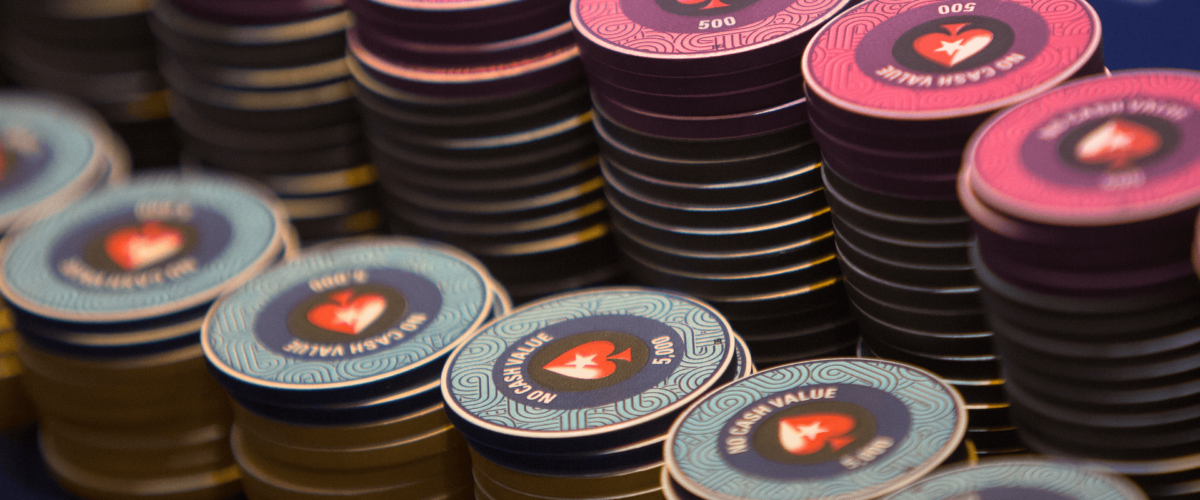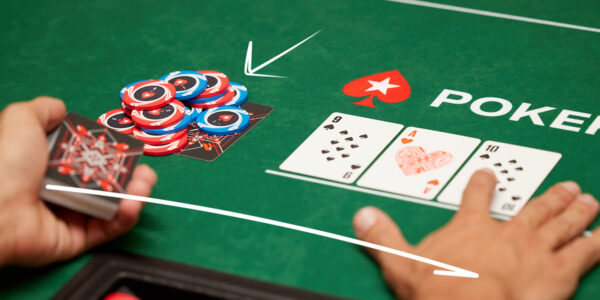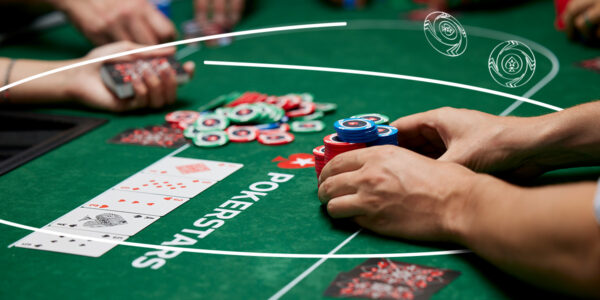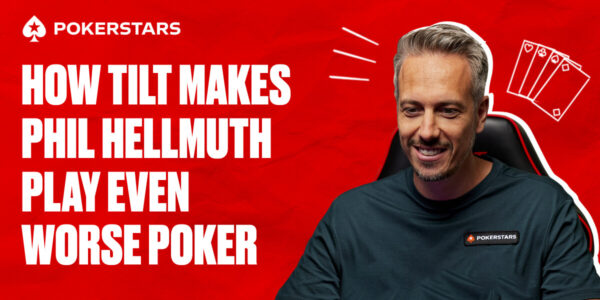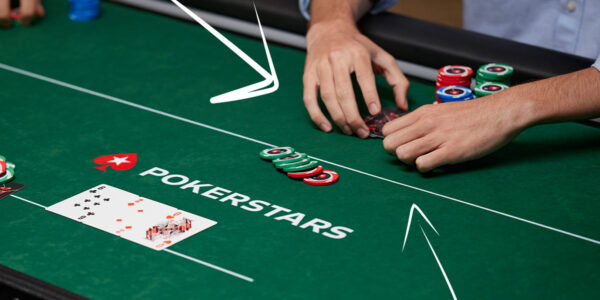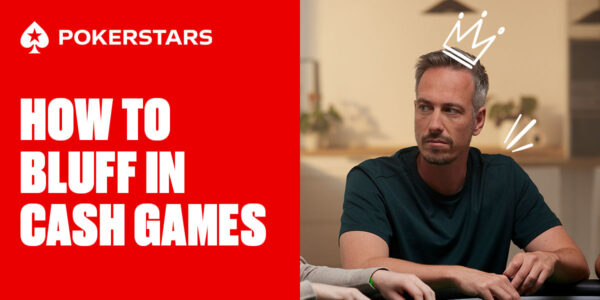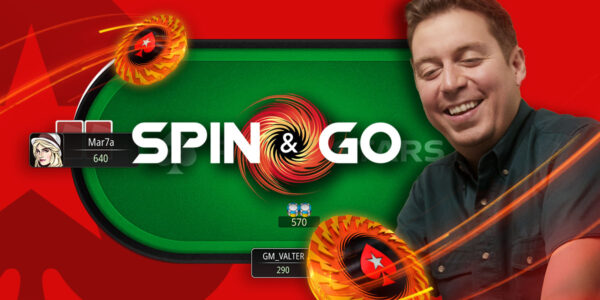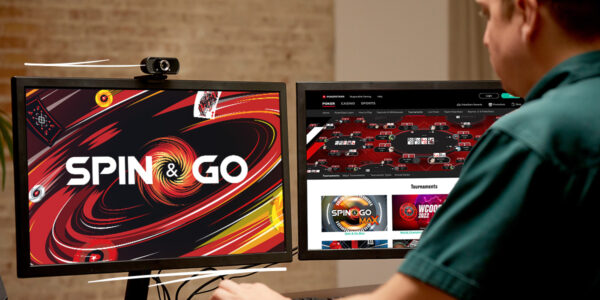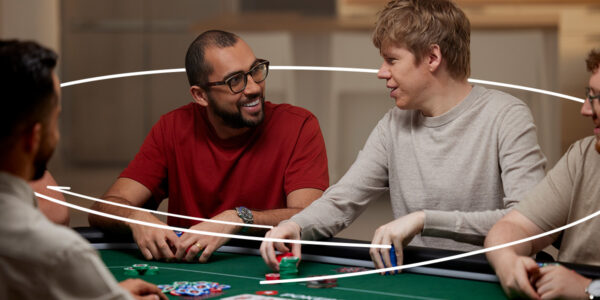Big Pot Attachment
When the pot gets big do you find it more difficult to make decisions? In this article we discuss why we get so attached to big pots.
It is simply not enough to study the technical aspects of poker and expect success to fall into your lap. The mental game of poker is an area worthy of equal respect and hard work. I have coached three players so far today and in two of those sessions arose the inescapable topic of tilt, and more specifically, big pot attachment tilt. Tilt refers to any deviation from a more conscious rational thought process caused by emotional interference.
Big Pot Attachment Tilt occurs when this deviation takes place in a large pot and due to the human instinct to not surrender anything into which resources, time and energy have been invested. Our mental game journey is fundamentally a battle between how we would like to be and how we are. Letting go of big pots when our conscious mind knows the time to be right is a battle within that battle.
A Case Study Hand
This morning, one of my students showed me the following hand:
Hero 3-Bets A♥ K♣ in a 6-handed cash game from the SB (small-blind) and the CO (cut-off) opener calls. They go heads-up to a flop of K♦ 10♥ 5♥ and Hero bets half of the pot. Villain makes the call in position and the turn brings the 7♠ . Hero makes another very reasonable value-bet and is called once again. The river brings the J♣ and the pot is now very large. In fact, the remaining effective stack is just a three-quarter pot-sized bet.
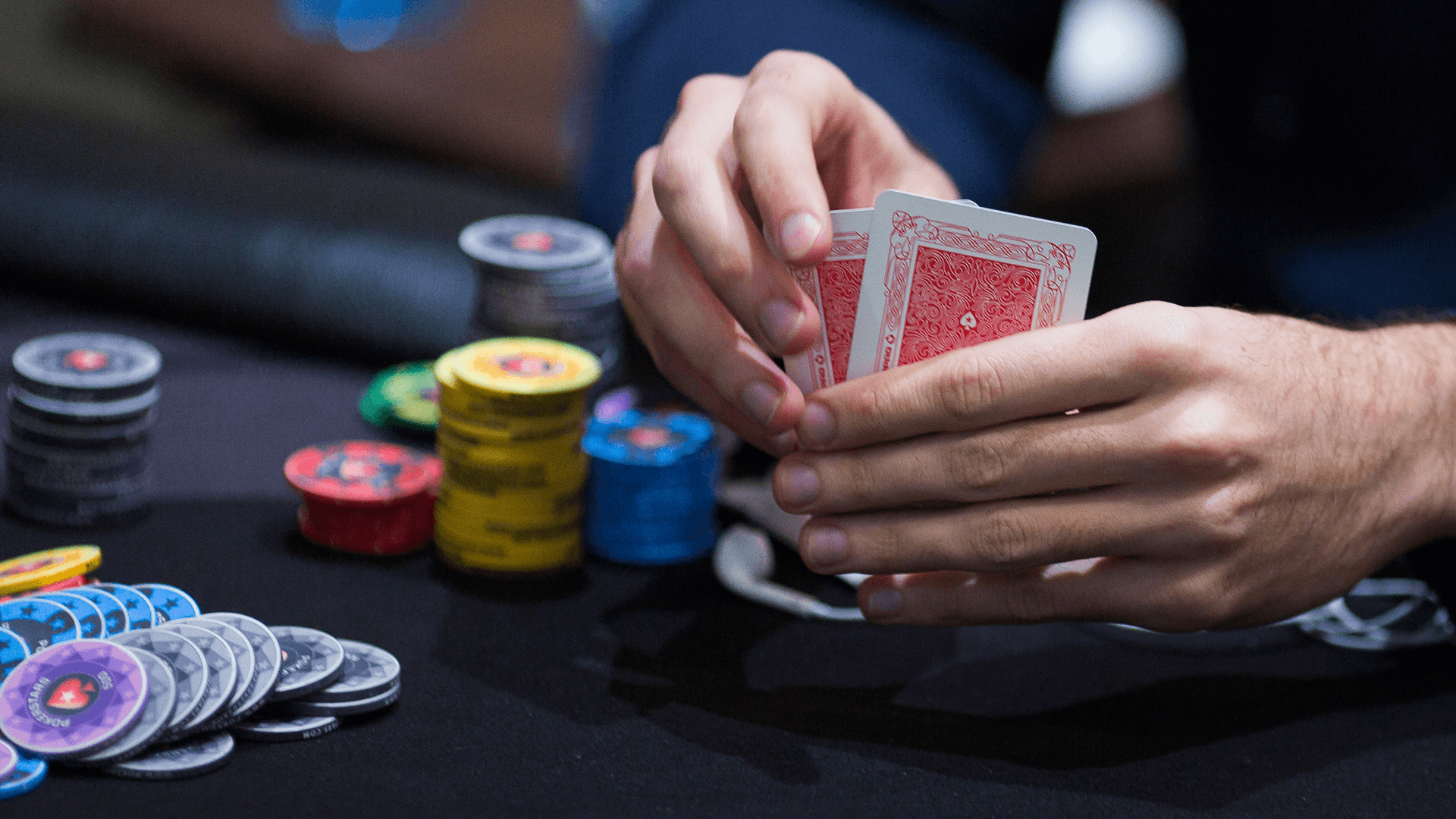

Let’s look at this hand from an objective and detached viewpoint before we put ourselves in the mind of the student during the heat of battle. There are three options that must be considered in this spot before we can come to a decision. The EV of each of them must be weighed up and compared. The three options are bet all-in, check/call, and check/fold.
Let’s start with the first one.
Before we can decide to bet we must be clear on the purpose of that bet. All good bets will gain a sufficient amount of either value (getting called by a range they are ahead of), bluffing EV (getting fold equity from a sufficient amount of better hands), or protection (getting a large chunk of worse hands that have live outs to fold.)
Clearly a river bet can never be for protection as there are no more cards to come and all equity is fully realised already. Bluffing with this hand also seems silly as to expect the CO to fold two-pair or better is unrealistic with less than a pot-sized bet remaining. Could this be a value bet then? It would seem not. In order to get called by worse, Villain would need to be paying off with not just KQ, but also a fair few weaker hands like second pair. Without the read that he is very sticky, this is also overly optimistic.
Betting is out – there is simply no reason for it!
Check/calling is perhaps even worse against a typical micro-low stakes opponent. Check/call is a line that seeks to make money from bluffs as no worse hand is ever realistically value betting this river in Villain’s shoes. What bluffs are we likely to see here? Well, having the A♥ dramatically reduces the combinations of Villain’s busted flush draws, making A♥ 4♥ and the like impossible. In order to be bluffing on such a high run-out that connects so well with both players’ ranges, Villain needs to be getting creative and turning holdings like T9, QT and QJ into a bluff.
While this is precisely what he should do in theory since these hands have pitiful show-down value, most players at my student’s stakes (25NL) are not making these bluff shoves. Check/calling then is a good way to burn off the rest of our stack and is also out.
There we have it. There is one option remaining. My student must check/fold this river. It is not that he is always losing the pot as very often the river will check through and our king will be good enough to beat a lower pair that would not have paid off a bet anyway. If Villain does bet, his range is likely to be significantly under-bluffing, meaning that he does not use enough hands in his range as bluffs. Alas, the student went all-in on the river to be snapped of by K♠ J♠ .
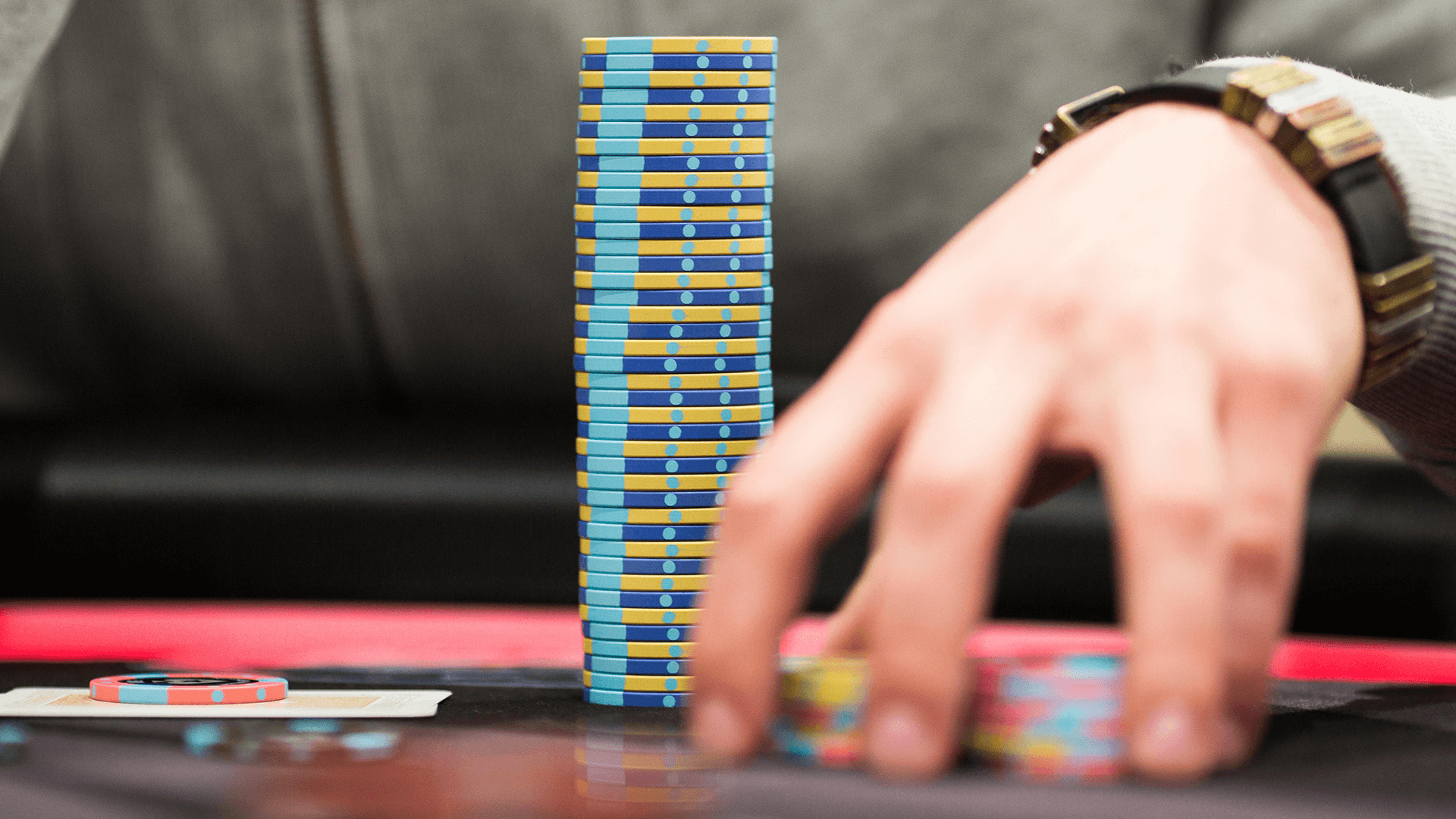

What Went Wrong?
By my student’s own admission, his thought process went as follows:
‘There’s no way I’m folding this river and I think betting is better than check/calling.’
Why was there such a strong revulsion towards the idea of giving up on this pot? Because it was large and represented a significant amount of my student’s investment, time, and emotional energy. His subconscious mind was so mercilessly possessed by the compulsion to not let go of resources that he was unwilling to even entertain the idea of check/folding for a split second.
This happens due to our evolutionary history and how disastrous it would be for our survival prospects if we were to constantly put effort, money and time into something only to reap nothing at the end of the process. A species that got kicks out of such an action would die off quite quickly. The real challenge for the poker player is to rewire his or her brain in this new environment where it is actually paramount to our survival to let go of big pots that no longer deserve any further investment.
The Fix
So how do we go about achieving this rewiring of such a strong human impulse? We practice it in-game in the very situations in which we feel the tilt affecting us. In-game rewiring is essential as what we are trying to break is not a conscious misunderstanding, but a sub-conscious habit. Next time that you are in a large pot and suspect that you might do best by folding, try to see the compulsive feeling that you must not let go of this pot for what it is – a misfiring animalistic urge.
Once we see that the bet and call buttons are only appealing to an irrational part of our mind that does not understand poker, we can see how silly it would be to press either of them. Try saying something snappy and powerful to yourself such as:
‘I will listen to logic, not impulse’
Or:
‘Desires have no place at the poker table.’
Or even:
‘To call this bet is to give in to my emotions.’
Eventually, the subconscious mind will learn that these pots are not the time nor place for the resource protection instinct and will stop constantly pressuring you to make bad investments.
Conclusion
Big pots are difficult things to process. Our level of emotional interference is at its highest and only through time and hard-work can we come to control the impulses that cause all of those needless extra losses. Next time that you are raised on the river or face a terrible card for your hand and a big bet from your opponent, try to pay attention to how much of your thought process is rational and clear, and how much is just a brute-force desire to hold on to your precious resources (chips).


